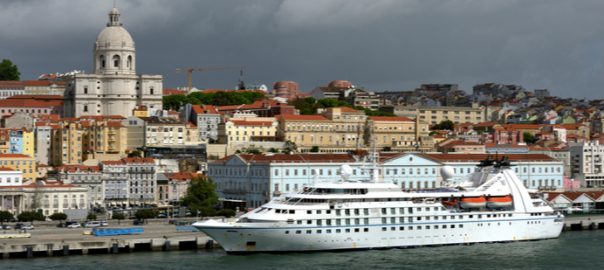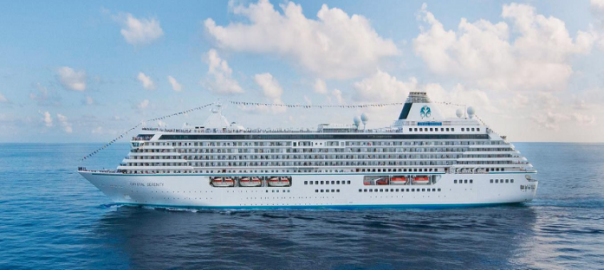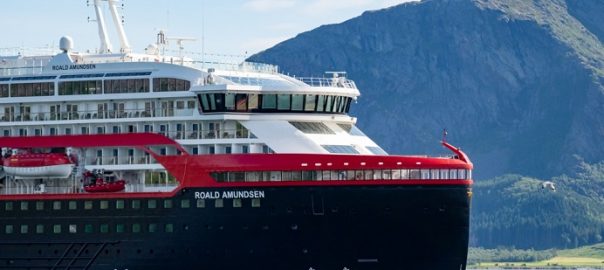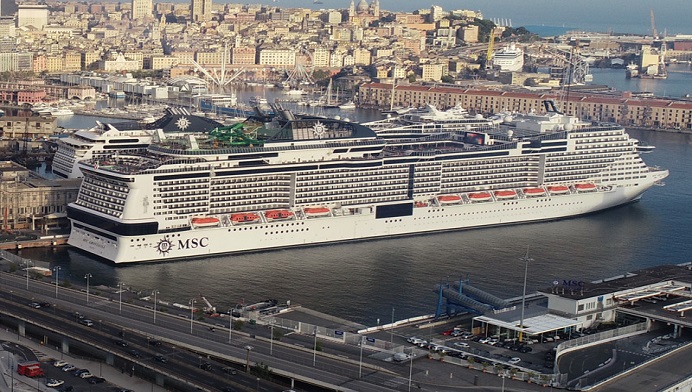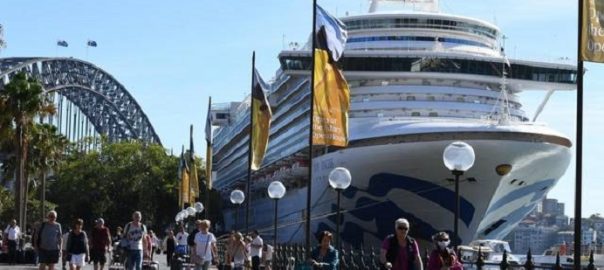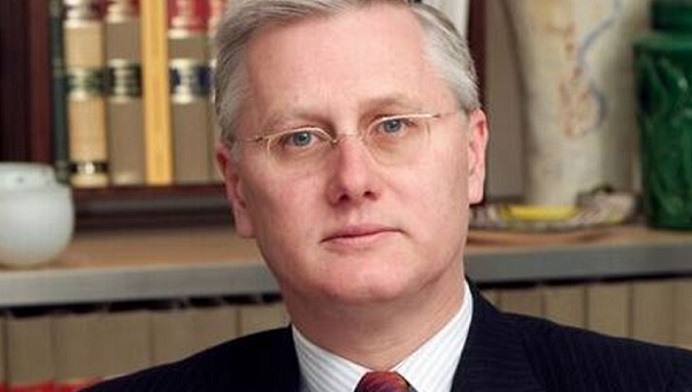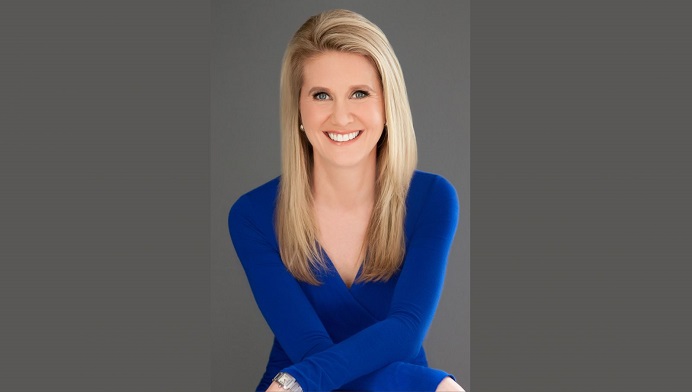Just when the cruise industry didn’t think 2020 could get any worse, turns out — it did. Recently British-American cruise operator Carnival Corp detected a ransomware attack according to an SEC filing.
Chief financial officer for Carnival, David Bernstein, told the SEC that the company has suffered from an attack that involved “certain” data files being downloaded. The company has been given the green light along with cybersecurity firms to fix the situation.
The SEC filing says that on Aug.15, the company “detected a ransomware attack that accessed and encrypted a portion of one brand’s information technology systems. The unauthorised access also included the download of certain of our data files.”
The attackers downloaded “certain” data files, which Carnival expects to include the “unauthorised access to personal data of guests and employees, which may result in potential claims from guests, employees, shareholders, or regulatory agencies.”
While initial investigation suggests the intrusion was limited to one brand, “there can be no assurance” other Carnival brands’ IT systems “will not be adversely affected,” according to the filing.
While the investigation is ongoing with legal counsel, law enforcement and incident response individuals, the company “does not believe the incident will have a material impact on its business, operations or financial result,” according to the filing.
In fact, Carnival doesn’t expect any significant monetary loss. However, intruders might have unlawfully accessed and encrypted customer and employee records (the type of information has yet to be disclosed).
Carnival Corp could face serious fines for their employee data if the ransomware’s attack is concluded as negligent or a result of insufficient security. When asked for a response, a spokesperson for Carnival Corporation declined to comment.
Alongside other cruise companies around the world, Carnival has struggled with the coronavirus pandemic, as dozens of people on Carnival cruises in April passed away as a result of a coronavirus outbreak on board, and more than 1500 people were affected by the virus.
Carnival Corp’s cruise portfolio includes Carnival Cruise Line, Princess Cruises, Holland America Line, P&O Cruises (Australia and UK), Seabourn, Costa Cruises, AIDA Cruises and Cunard.

